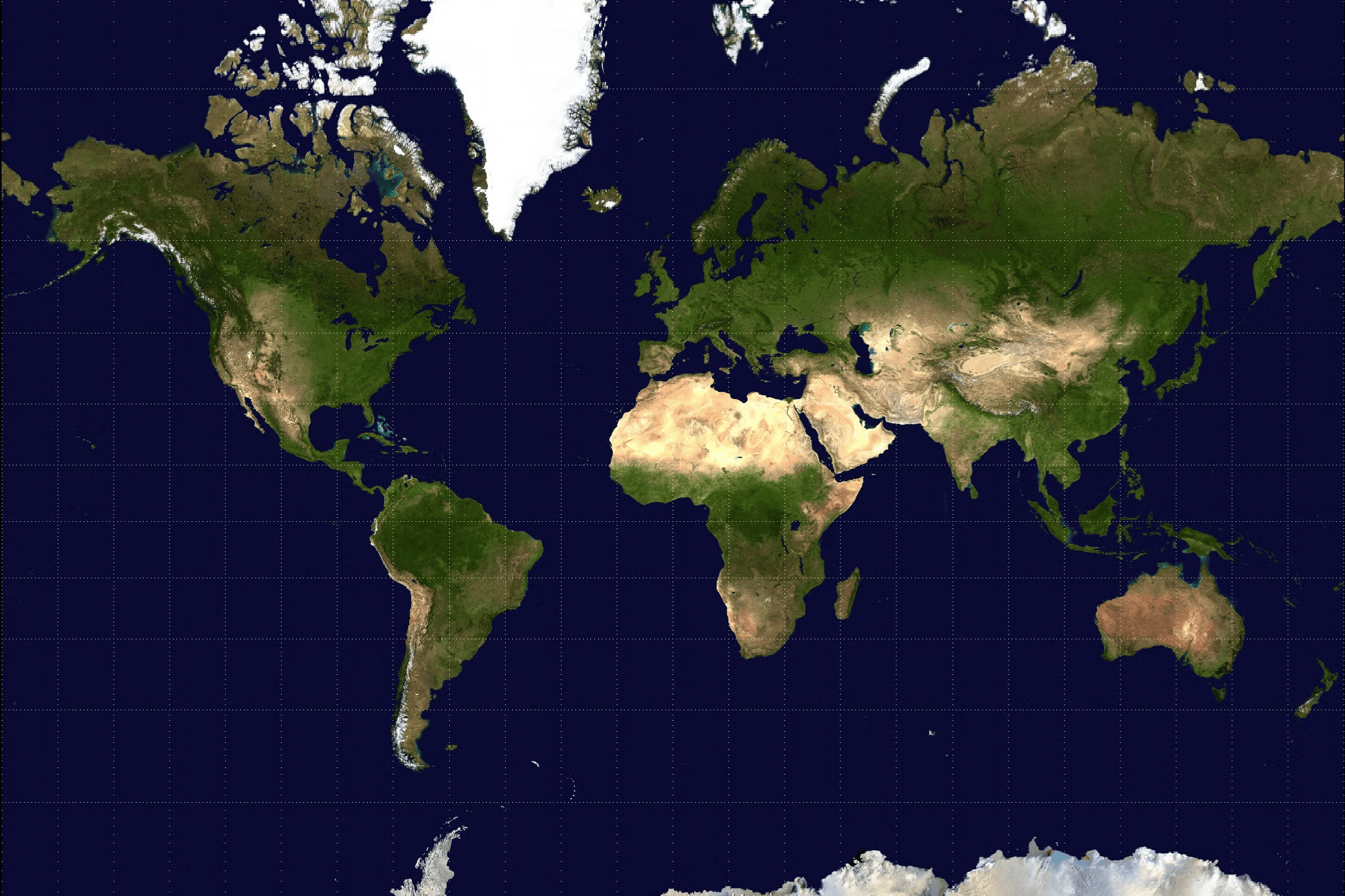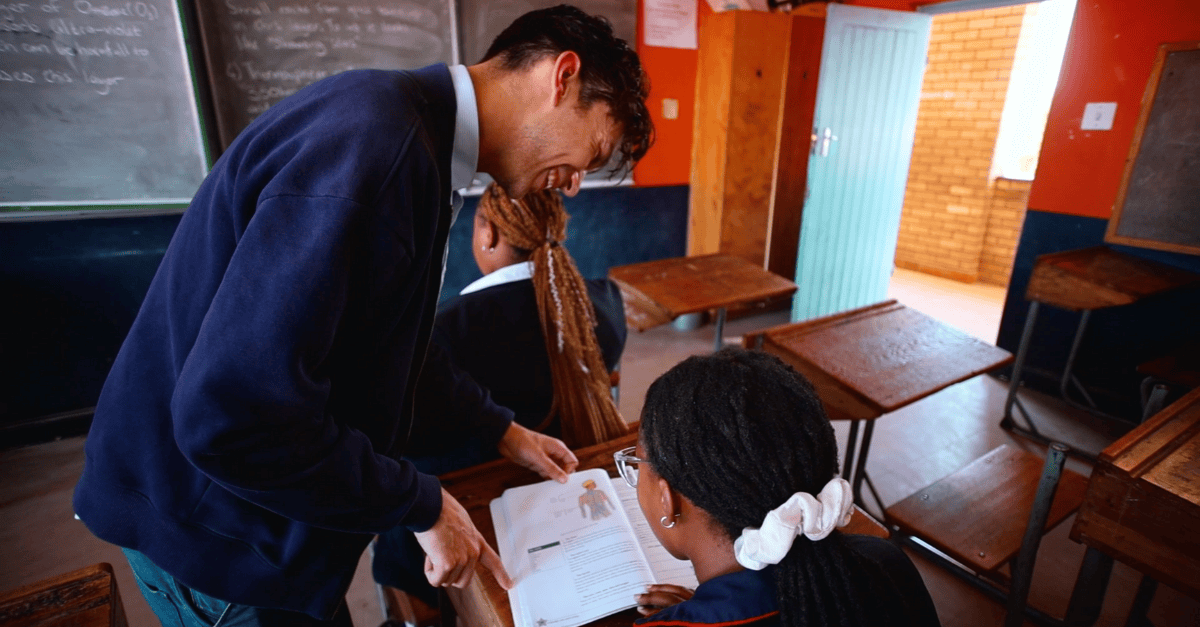Language is Heritage: Why Inclusive Publishing Matters in South Africa
.png)
By Jarita Raga, Marketing Content Specialist, Oxford University Press SA
In South Africa, language is more than a means of communication; it is a living vessel of culture, identity, and heritage. With 11 official written languages, our nation is a tapestry of diverse linguistic traditions, each carrying its own stories, wisdom, and worldview. As we strive towards a more inclusive and equitable society, it is imperative that we recognise the transformative power of language-inclusive education and the critical role publishers play in shaping this future.
Research consistently shows that children learn best when taught in their mother tongue. When learners engage with educational content in the language they speak at home, they grasp concepts more easily, retain information more effectively, and develop stronger cognitive skills. Mother-tongue instruction builds confidence, encourages participation, and lays a solid foundation for multilingual proficiency. It also supports the acquisition of additional languages and improves overall educational outcomes, reducing dropout rates, increasing classroom engagement, and strengthening learning ability. At present, young South African learners learn in their mother tongue until Grade 3, after which English becomes the primary language of instruction.
Children who learn in their home languages are more likely to value and preserve their cultural heritage. By nurturing linguistic diversity in the classroom, we empower learners to embrace their roots and contribute to the preservation of their communities’ unique cultural narratives. Language-inclusive education is a matter of equity and accessibility. When educational materials are available only in dominant languages, learners who speak other languages are placed at a disadvantage. This perpetuates cycles of exclusion and inequality, particularly in rural and underserved communities.
Publishing books in all 11 official written languages is a critical step towards dismantling these barriers. It ensures that every child, regardless of linguistic background, has access to quality education that respects and reflects their identity. It also affirms South Africa’s constitutional commitment to linguistic rights and cultural diversity, reinforcing the idea that all languages and cultures are equally valuable.
Publishers hold immense power in shaping the educational landscape. By choosing which languages to publish in, they influence which voices are heard. Oxford University Press South Africa (OUPSA) is one such publisher leading the charge towards inclusivity. Through their Aweh! reading series, they publish culturally relevant content in local languages. The Aweh! series celebrates South African stories, told in the languages of South African children. It brings familiar contexts, relatable characters, and indigenous knowledge into the classroom, emphasising the importance of South African children being able to see themselves in the books they read.
For example, you have Aslam, a Muslim boy from Cape Town who loves everything about flying; Viraj, a Hindu boy who is in a wheelchair and enjoys maths and problem-solving; and Lizzy, a Jewish girl from Bloemfontein who goes everywhere with her dog and loves reading. These characters reflect the diversity of South African society and help children feel seen, heard, and valued.
By investing in local language publishing, OUPSA contributes to preserving South Africa’s rich linguistic heritage. Let us recognise language as the living vessel it is, a carrier of culture, a bridge to understanding, and a key to unlocking the full potential of every child. Through inclusive publishing and mother-tongue education, we can build a more equitable, culturally vibrant, and linguistically rich future for all South Africans.
As Afrikaans author Troula Goosen said: “Your home language is where your roots are. Where your roots are strong, then you can grow in different directions.” We need our children to grow in many directions. To read widely, to understand deeply, and to connect meaningfully with their heritage. Our rich tapestry of languages and stories offers educators an affordable and accessible way to address South Africa’s literacy crisis while celebrating the beauty of our shared heritage.
---
Note: This blog is part of Injini’s contributor series. The views and opinions expressed in this piece are those of the author and do not necessarily reflect the views of Injini.



.png)